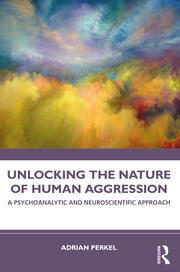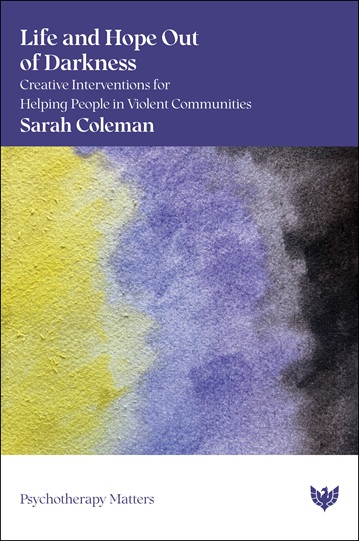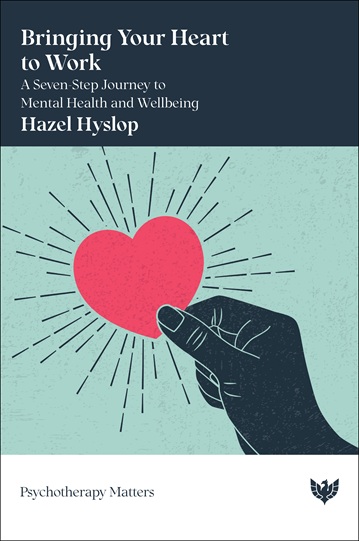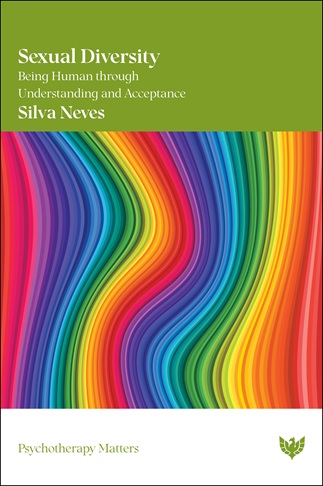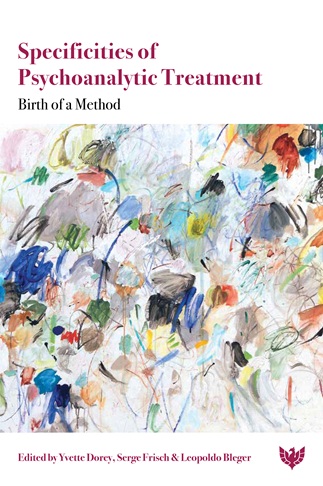Neuroscience and the Death Drive: The Nature of Symptoms, from Formulation to Treatment
Part of Routledge Neuropsychoanalysis series - more in this series
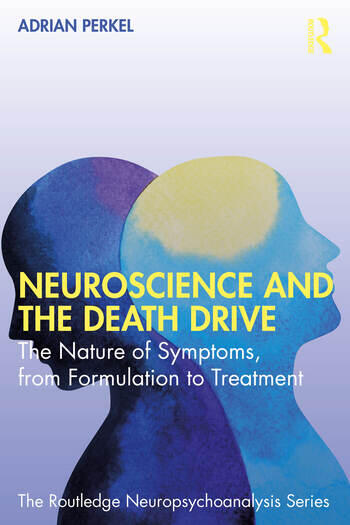
Book Details
- Publisher : Routledge
- Published : July 2025
- Cover : Paperback
- Pages : 304
- Category :
Psychoanalysis - Category 2 :
Forthcoming - Catalogue No : 98177
- ISBN 13 : 9781041045885
- ISBN 10 : 1041045883
Also by Adrian Perkel
There are currently no reviews
Be the first to review
In this book, Adrian Perkel seeks to expand upon Freud’s theory of the death drive by locating it within modern neuroscience, arguing for the centrality of the aggressive drive in the formation of mind, and the genesis of symptoms and psychopathology.
Neuroscience and the Death Drive reformulates the function of defence mechanisms as they link to the aggressive drive and their role in the binding of free energy. Filling an important gap in both formulation and treatment, this book completes Freud’s self-confessed incomplete theory of aggression through the lens of modern psychoanalysis and neuroscience, updating these concepts with current scientific insights, and introduces a refreshed view on psychotherapeutic treatment implications based on these developments. Perkel explores the treatment of patients experiencing eating disorders, anxiety, depression, addiction, personality disorders and sexual dysfunction.
This invigorating and approachable book will be of interest to all psychoanalysts, psychiatrists, psychotherapists and counsellors, and will help readers reach new understandings of this key theory of the mind.
Reviews and Endorsements
Adrian Perkel takes us on an adventurous journey through psychoanalysis and contemporary neuroscience in this bold book. He narrates a story in which the protagonists are aggression and the paradoxes of destruction and conservation of the death drive. Their integration and interpretation lead to innovative emphases about how to understand various psychopathologies and why this necessitates changes towards a more active psychotherapeutic technique to reckon with Freudian dual-drive theory. The argument is often surprising and inspiring when exploring clinical depths and widths. Put playfully, Perkel presents a psychoanalytic Bob Dylan affronting Velcro phenomena implied in every ‘paradogma’.
Dr Mark Kinet, MD, psychiatrist, psychoanalyst and author of various books on Psychoanalysis and Neuropsychoanalysis, including The Spirit of the Drive in Neuropsychoanalysis
Adrian Perkel’s new book, Neuroscience and the Death Drive: The Nature of Symptoms, From Formulation to Treatment, reconfigures our understanding of the death drive in terms that will probably render it both more accessible and plausible to psychoanalytic theoreticians. It is, simply, conceived to be a manifestation of the self’s drive to protect itself from the annihilatory experiences that threats originating from both within the organism and outside it can occasion. In response, the self mounts a counterattack, much like an immune system would, against perceived invaders, employing automatized defenses often established in the preverbal era, before memory can be encoded with language. Interestingly, consciousness is also conceived as originating in the brainstem, rather the cortex, the cortex representing that part of the brain which is responsible for creating representational thought that allows the organism to differentiate the various compromises that it faces. Perkel also provides a thoughtful and carefully documented review of libido as a source of psychopathology, noting that Freud unfortunately neglected the dual drive theory that he established in “Beyond the Pleasure Principle.” Perkel’s work paves the way for us to reconsider defense as a consequence of trauma rather than a response to unacceptable libidinal urges. This is a remarkably important paradigm shift for us to undertake and one that has profound implications for our work, as Perkel demonstrates. He ably ties in contemporary conceptions of neuroscience with his thesis.
Dr Richard Wood, PhD, psychoanalytically oriented clinical psychologist and author of A Study of Malignant Narcissism: Personal and Professional Insights
Dr Perkel’s new book, Neuroscience and the Death Drive, is a bold offering whose chief aim is to complete Freud’s death drive. As an extension of his brilliant work on aggression, this exciting new work incorporates classical psychoanalytic writing and theorising situating it within contemporary neuroscientific thinking, and expertly rises to the work’s two-fold challenge, namely: outlining new and detailed formulations around aggression’s central role in psychic life, and providing novel approaches to treatment. This is essential reading for all mental health professionals curious about the enduring presence (and importance) of an essential drive.
Dr Michael Owen, PhD, Editor of Psychoanalytic Practice, Lecturer/ Clinical Psychologist
Table of Contents
1. The Character of Symptoms
2. The Multiplicity of Subjectivity
3. The Ascendance of Libido and Psychic Conflicts
4. Masturbation: Somatic Self-engagement
5. Anxiety
6. Depression
7. Sexual Dysfunction
8. Addiction
9. Eating Disorders
10. Personality and its Disorders: Derivations and Deviations
11. On Treatment Implications
About the Author(s)
Dr Adrian Perkel (D.Phil) is a registered practising clinical psychologist based in Cape Town. Since 1989, he has been lecturing, writing, supervising other professionals, and practicing psychotherapy. His work is deeply informed by psychoanalysis and neuroscience.
Customer Reviews
Our customers have not yet reviewed this title. Be the first add your own review for this title.
You may also like
Life and Hope Out of Darkness: Creative Interventions for Helping People in...
Sarah Coleman
Price £17.99
save £2.00
Bringing Your Heart to Work: A Seven-Step Journey to Mental Health and Wellbeing
Hazel Hyslop
Price £15.99
save £4.00
Sexual Diversity: Being Human through Understanding and Acceptance
Silva Neves
Price £15.99
save £4.00


